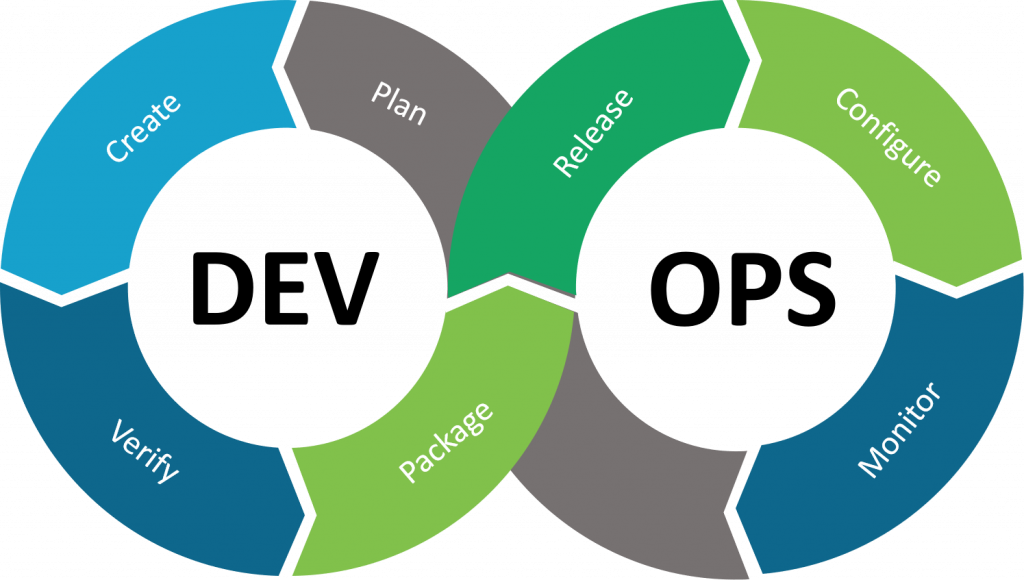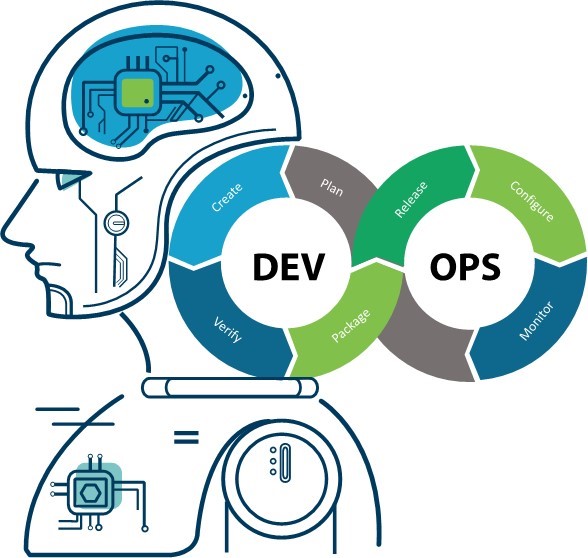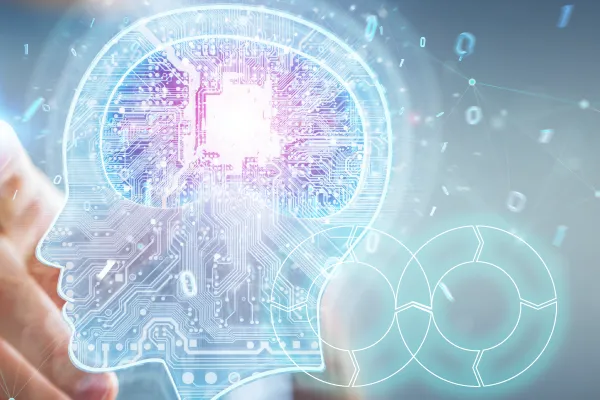



Are you Firefighting SDLC Problems?
The perpetual penetration of new-age technology is demanding a need for DevOps intelligence in the entire software development lifecycle. From development to delivery, product companies have transitioned their approach. Traditional waterfall has been replaced by agile, DevOps is superseded by DevSecOps. However, it is worth noting that the roles served by Agile and DevOps are complementary. By combining the collective efforts of Agile and DevOps to incorporate CI/CD, product companies are ensuring regular software updates throughout the year rather than having just one major release.
Businesses want a frictionless delivery of products by investing in the right DevOps automation tools, adoption of new-age technologies and best-in-class methodologies. A seamless product delivery includes minimized conflicts in development and operations, ensuring high-end security implementation, through an integrated approach between development and operations. This aids faster productivity, enhanced quality, strong customer relationship and boosts business performance.
Humans, by themselves, are inept in handling massive amounts of data and computing in daily operations. Today’s dynamic and distributed application environments generate big data. It becomes challenging for DevOps teams to effectively absorb and apply information to resolve the issues faced by the customer. This has paved the way for artificial intelligence and DevOps to become the power couple for computing, analyzing and transforming how teams would develop, deliver, deploy and manage applications in the future.
In this blog, we will bring insights on how product companies can leverage artificial intelligence in software development, machine learning in DevOps to achieve the speed and effectiveness in SDLC.
DevOps, Evolving Data and Adoption of Artificial Intelligence
With agile methodology, operations remained siloed because agile stopped at the development and failed to extend to delivery, deployment and support. DevOps is a set of software development practices, a combination of software development (Dev) and information technology operations (Ops). It is a business-driven paradigm rather than a technology-driven approach to ensure continuous delivery of customer value.

DevOps is concerned with the automation and monitoring of tasks involved in the software delivery process. It addresses the gaps between developers, IT operations, or infrastructure while focusing on the deployment of the developed software.
Generally, DevOps practices generate large amounts of data like server logs, error messages and transaction traces. Also, these big data may be in the form of development metrics like velocity, defects found and burn rate. Further, data like the number of integrations, the time between them, its rate of success and defects per integration, which are generated by continuous integration and deployment of tools are also, importantly, a part of DevOps. And with too much data, teams fail to assess the data and set thresholds. So, instead of diving deep into the data, DevOps teams look for exceptions.
While we talk about evolving data and making sense of it, product companies are investing in one of the most promising, profitable, and beneficial technologies – Artificial Intelligence and Machine Learning. With a significant applicative power of artificial intelligence in software development and machine learning in DevOps, an end-to-end automated DevOps process is certainly achievable.
Since AI and ML thrive on producing and generating insights from big data, they are the perfect fit for a DevOps intelligence culture. By processing this big data, these DevOps automation tools can help perform menial and routine tasks while freeing the IT workforce to focus on targeted work. Besides, the innate capability of AI and ML in learning patterns, makes them useful to anticipate problems and suggest solutions.

How AI/ML can aid DevOps Intelligence?
Complete automation is often a problem in DevOps since many routine tasks need human intelligence. A well-trained AI model can help identify the complexity of tasks, automate them, accelerating the SDLC process considerably. "Artificial Intelligence" can compile and organize DevOps data from multiple sources. With an organized data, it is easier to use and understand than trying to gather information from heaps of raw data. Ultimately, helping in predictive analysis and enabling a better decision-making process.
Benefits of Artificial Intelligence Infusion in DevOps
Prediction of likely failure in DevOps automation tools
A critical failure in a particular DevOps automation tool cripples the entire SDLC process causing a delay. By reading, analyzing and interpreting data patterns, ML applications can predict the reason and likeliness of the error in DevOps automation tools.
Enhanced Operational Performance
DevOps is about using monitoring tools and providing continuous feedback to improve the operational performance of applications. These monitoring tools gather massive amounts of data, such as log files, performance metrics. Machine learning in DevOps can be applied to advanced monitoring platforms to analyze and process these datasets. Thus, ensuring early identification of problems and proactively providing quick recommendations.

Streamlined Communication
Communication and feedback are challenging when organizations move to a DevOps methodology. Chatbots, automation technology and other AI-initiated systems can be used to improve communications, making them streamlined and proactive.
Simplified Application Monitoring
DevOps teams use multiple tools to monitor the performance and health of the application, making the SDLC environment complex. AI/ML can absorb and analyze these data streams to find correlations in them. This gives DevOps teams a holistic and unified view of the overall health of the application.
Guided approach for Effective Application Development
AI/ML can examine the success or failure of past applications in terms of metrics such as build/compile success, completion of successful testing and operational performance. Machine learning algorithms in DevOps can make recommendations to developers in a proactive manner based on the code written by them or the application they are trying to build. Thus, helping businesses create an app with high efficiency and quality.
Faster Resolution of Alerts
DevOps systems are flooded with alerts that need a quick resolution. AI in DevOps can analyze, categorize and prioritize alerts. This can be achieved easily by training the AI to classify good and bad alerts or tagging them by a common ID for specific areas. With this process, DevOps teams can strategically resolve warnings on high priority, enhancing the smooth functioning of the entire system.
Efficient Software Testing
A great potential of AI in DevOps is software testing. Unit tests, functional tests, regression tests and user acceptance tests all produce a large amount of data in the form of test results. By applying AI or machine learning algorithms to these test results, patterns of poor coding and testing practices can be identified. This accrued knowledge can improve the efficiency of the development teams.
Is there any futuristic scope of AI in DevOps?
We are witnessing a rapidly changing IT landscape with new-age technologies revolutionizing customer experience. Predictive technologies involve the application of machine learning to historical datasets. Thus, enabling acceleration and improved accuracy of the various stages like planning, effort estimation, development, testing, and production. The application of predictive models to virtually any data set is possible through transfer learning. Having said, AI has the proven potential to impact every stage in the software delivery process.
The Right Approach to AI-powered DevOps – Where to begin?
The applicability of AI/ML in DevOps requires a heavy data dependency. Data accessibility and acquisition is the first crucial step to adopting AI in DevOps. This is followed by performing root-cause analysis, evaluating models, building and operationalizing the right ML model for your business environment. Besides, retraining and refining the model for improved performance.
Are you looking for an overhaul in your existing product development culture and mindset? Need an accelerated approach to your product ideation to product delivery journey? Xoriant experts can help you with your business initiatives. Get in touch with us.
Next Steps
If you’d like to explore a bit more, check out the Product Modernization Hub and how your business can leverage the new-age digital technologies to catalyze growth.
Read about Xoriant Big Data Practices.
References
12 Ways AI Is Transforming DevOps
6 Ways AI & ML Will Change Devops For The Better
SDLC Comparision: Agile vs DevOps
https://en.wikipedia.org/wiki/DevOps



 View Previous Blog
View Previous Blog





